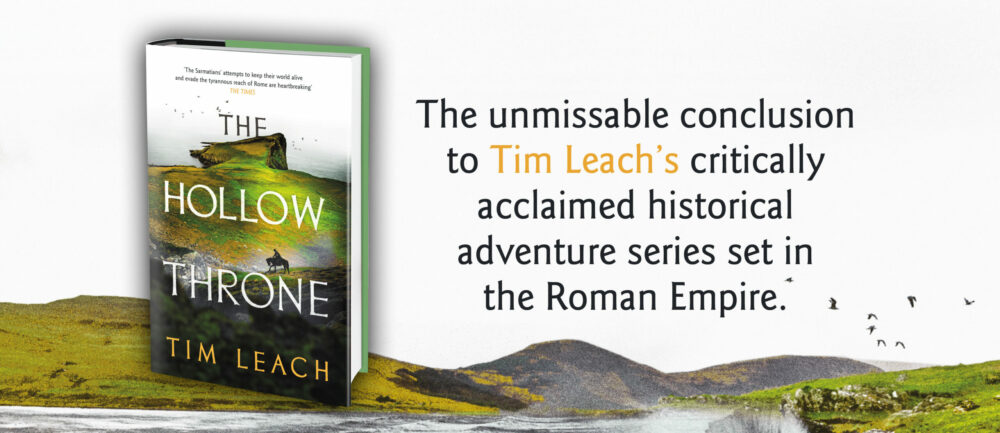Out here in Canada, it is not so much the views themselves that are remarkable. One can look on a vista of mountains and lakes and forests without a trace of civilisation attached to it, but, with sufficient effort, one could achieve a similar view in parts of England, Wales and Scotland. It is the view beyond the view, that which inhabits the mind, that is more interesting.
In England, such a view would be true, but also have the quality of a facade, for it does not go on beyond the horizon. If you were to be lost in the woods in England, pick a direction, walk for six hours, and you will find a road, a farmhouse, a village. Pick the wrong direction here, and you will disappear from the world. Forests and mountains do not stretch on for hours, but for weeks. Nature plays for keeps.
This makes an interesting difference. It makes one more careful, respectful, when one does not have guaranteed access to the rude safety of civilisation. Much like in climbing, where the imminence of danger adds a particular precision to each action and decision.
Space makes all things more valuable, through simple increase in scarcity. Solitude is more intense, company more valuable. It opens up chambers of the mind (and of the heart) that may otherwise remain sealed. Perhaps one of the many pleasures of a writer is access to this dangerous space through imagination, when one tries, from nothing, to shape a narrative that threatens to shake itself to pieces.
As such space exists primarily in the mind, it can be achieved in cities, not simply through the crude tool of being the only soul in fifty miles. But for the knottier problems of the soul, these week long forests and bare scatterings of people across vast landscapes give a particular clarity that I have, perhaps, been missing for too long.
